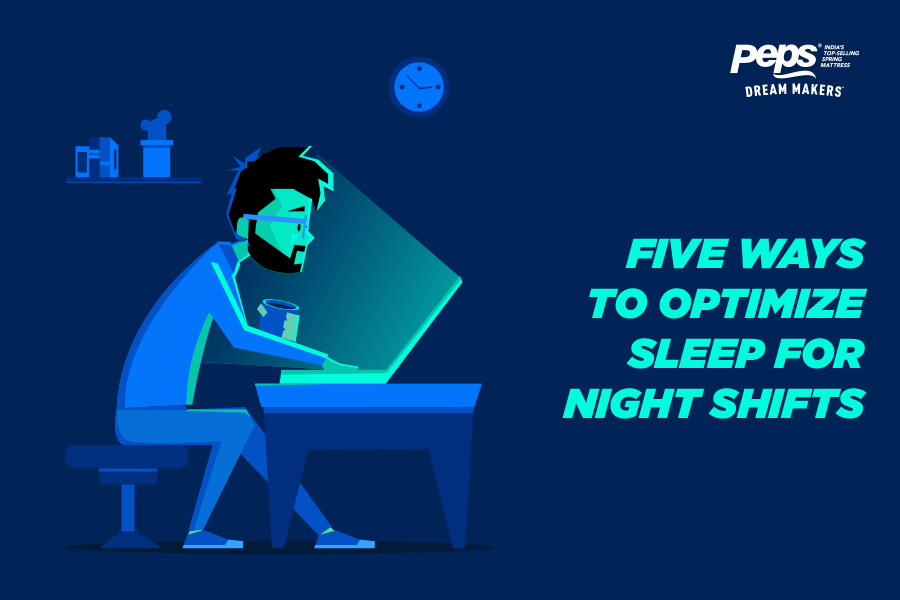
How often do you think about the mattress that you sleep on every night? While the average human spends 9,480 days of their lives sleeping, a lot remains unknown about our beds. From unknown benefits to unheard origin stories, your mattress has a large number of tales to tell. Here are five things that you probably didn’t know about your mattress!
Sick of allergies? A latex mattress may help!
From over the counter medicines to home remedies – the list of allergy cures are many, and a latex mattress is another addition to this list. Latex is naturally antimicrobial, thereby enabling it to hold off microorganisms. Its antifungal and dust-resistant properties make it the perfect choice for individuals that frequently suffer from allergies. A natural latex mattress, such as Peps Organica, might help you wave goodbye to allergies forever.
The right mattress can enhance memory and cognition
The effects of a lumpy, saggy or creaky mattress on sleep are widely known. While sleep is often viewed as merely an opportunity for rest, it is much more than that. A good night’s sleep is essential for the consolidation of memories and improves our brain’s ability to retain information. If you often feel ‘foggy’ or find that you forget things throughout the day, then a faulty mattress may be one of the things to blame. Optimising your mattress for the best night’s sleep equips your brain to process and remember the large amounts of information you receive throughout your day.
Comfort is not always enough
You may not be doing yourself a favour by buying the softest and snuggliest mattress in the market. While sinking into a soft mattress may feel great, a mattress must combine comfort and support to ensure that you get a good night’s sleep. A mattress that is too soft can trap body heat, cause back problems and lose its shape fast. In contrast, a medium-firm mattress provides adequate support to your back, while contouring to the shape of your body.
The word ‘mattress’ has Arabic roots
Ever wondered where the word ‘mattress’ came from? The name’s origin can be traced back to the Arabic word ‘matrah’, which referred to a place where cushions were tossed. Since Europeans were interested in Arabic luxury articles, the word soon came to denote a luxurious blanket. Eventually, it came to represent a stuffed pad to sleep on, which ultimately evolved into the mattresses we use today.
Making your bed may not always be healthy
Are you tired of hearing your mother, roommate or significant other nagging about making your bed in the morning? Well, research indicates that an unmade bed may be healthier! Making your bed as soon as you wake up results in dust mites, dead skin cells and sweat getting trapped beneath the covers, which can ultimately lead to allergies and asthma. However, it is also essential to ensure good mattress hygiene through practices such as cleaning your bed regularly and using dust-proof covers.
Thus, the mattress underneath your head has a world of secrets, and unearthing these interesting facts can prove to be both interesting and useful. A night of uninterrupted sleep involves understanding your unique sleep problems and needs, and tailoring your mattress to them. Delve deep into the science and stories behind your mattress, and ensure that you have all the information you need for restful nights and refreshed mornings!





